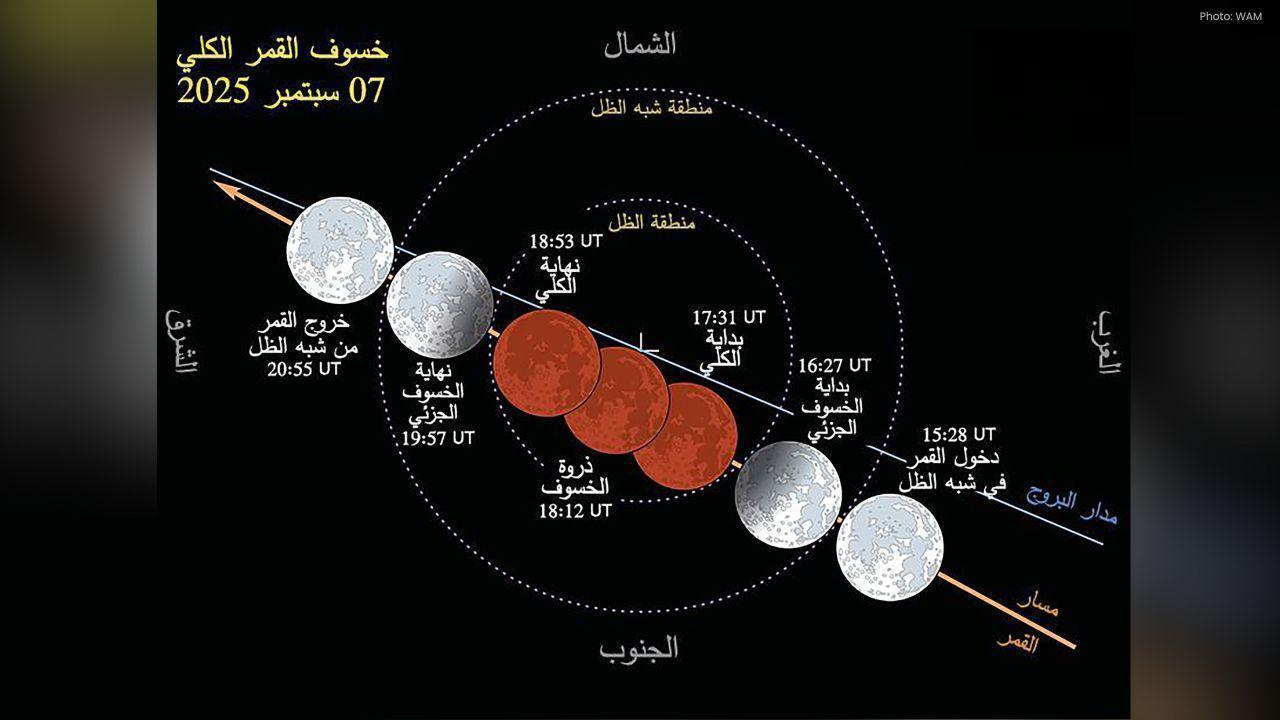
Post by : Mumtaaz Qadiri
The International Astronomical Centre has announced that a very special event will soon light up the night sky. A total lunar eclipse will take place, and people across the Arab world will be able to watch it. To make the experience even more exciting, the centre will livestream the entire event using a telescope from the Al-Khattm Astronomical Observatory.
The live broadcast will run for more than four hours, starting on Sunday at 7:30pm and continuing until 11:50pm. For anyone who cannot step outside or does not have clear skies, this livestream will provide the perfect way to enjoy the eclipse.
The Importance Of The Livestream
According to Engineer Mohammed Shawkat Odah, the Director of the International Astronomical Centre, this broadcast is an opportunity for everyone to connect with the beauty of the universe. He explained that while people across the Arab world will see the eclipse at different stages depending on their location, the livestream will capture the entire journey of the Moon through the Earth’s shadow.
This means that even if the Moon is not fully visible in your city, you can still enjoy the complete eclipse from start to finish online.
How The Eclipse Will Appear Across The Arab World
Odah explained that the Moon will rise in the eastern parts of the Arab world before the eclipse starts. People there will have the chance to see the early stages of the event.
In the central Arab world, the Moon will appear above the horizon when the eclipse is already beginning.
In the western Arab world, the Moon will rise later, so viewers there will mostly see the later stages of the eclipse.
This variation happens because the timing of moonrise differs from one location to another, and that affects which parts of the eclipse are visible in different regions.
The Stages Of The Eclipse
A lunar eclipse does not happen all at once. It goes through several steps, and each stage is unique and beautiful. Odah outlined the timeline for this event in UAE time:
7:28pm – The Moon will enter the penumbra, which is the lighter outer shadow of the Earth. This stage is not very noticeable.
8:27pm – The partial eclipse will begin. A dark shadow will slowly cover part of the Moon.
9:31pm – The total eclipse will start. The Moon will be fully covered by the Earth’s shadow.
10:12pm – The eclipse will reach its maximum point. This is the most dramatic stage, when the Moon often changes color.
10:53pm – The total eclipse will end, and the Moon will slowly begin to brighten again.
11:57pm – The partial eclipse will finish.
12:55am (Monday) – The entire astronomical event will end.
Between 8:15pm and 12:15am, the eclipse will be clearly visible to the naked eye.
What Makes A Lunar Eclipse Special
Unlike a solar eclipse, which can only be seen from certain locations for just a few minutes, a lunar eclipse lasts for several hours and can be seen from many parts of the world at the same time. People do not need special glasses to watch it—just clear skies and a good view of the Moon.
The total lunar eclipse is often called a “blood moon” because of the unusual colors that the Moon takes on during the event.
Why The Moon Changes Colour
During a total lunar eclipse, the Moon does not completely disappear from the sky. Instead, it often turns bright shades of yellow, orange, or red. This happens because sunlight passes through the Earth’s atmosphere and bends towards the Moon.
The Earth’s atmosphere filters and scatters the sunlight. Blue light is scattered more, while red and orange light pass through and shine onto the Moon. This is why the Moon looks red or orange instead of black during a total eclipse.
What The Colours Tell Us About The Atmosphere
Odah explained that the brightness and color of the Moon during an eclipse can actually give scientists information about the Earth’s atmosphere.
If the atmosphere is clean and clear, the Moon will shine in bright orange or yellow shades.
If the atmosphere is polluted or dusty, less light passes through, and the Moon can appear in darker shades of red or even brown.
In very rare cases, the Moon can almost disappear, becoming very dark.
One example of this happened during the lunar eclipse of December 12, 1992. At that time, the eruption of Mount Pinatubo in the Philippines in June 1991 had filled the Earth’s atmosphere with ash and particles. This caused the Moon to appear unusually dark during the eclipse.
A Chance To Learn And Enjoy
For astronomers and skywatchers, events like this are more than just beautiful sights. They are also opportunities to learn more about how our atmosphere works and how the Earth interacts with the Sun and Moon.
For students, families, and curious individuals, this lunar eclipse is a chance to connect with science in a fun and memorable way. Watching the Moon slowly change its shape and color helps people understand astronomy in a very real and exciting manner.
Bringing People Together Through Astronomy
The International Astronomical Centre hopes that the livestream and the visibility of the eclipse will inspire more people to take an interest in astronomy. Events like this remind us that no matter where we live, we all share the same sky.
In many cultures, eclipses have long been seen as special or even spiritual events. Today, with modern science, we can explain why they happen. But the sense of wonder they create is just as strong as it was for ancient skywatchers.
The upcoming total lunar eclipse will be one of the most awaited celestial events of the year for people in the Arab world and beyond. Thanks to the International Astronomical Centre and the Al-Khattm Observatory, everyone can enjoy the full event through a live broadcast, no matter where they are.
With its beautiful colors, long duration, and wide visibility, this eclipse promises to be both a scientific opportunity and a magical experience for millions of people. Whether you step outside to watch the Moon directly or tune in to the livestream, this event will connect you to the universe in a very special way.
So, mark your calendar, set your reminder, and be ready to witness the beauty of the Moon as it passes through Earth’s shadow. It is a reminder of how small we are in the vast universe, and yet how lucky we are to see such wonders with our own eyes.
Total lunar eclipse, Al-Khattm Observatory live, Arab world astronomy


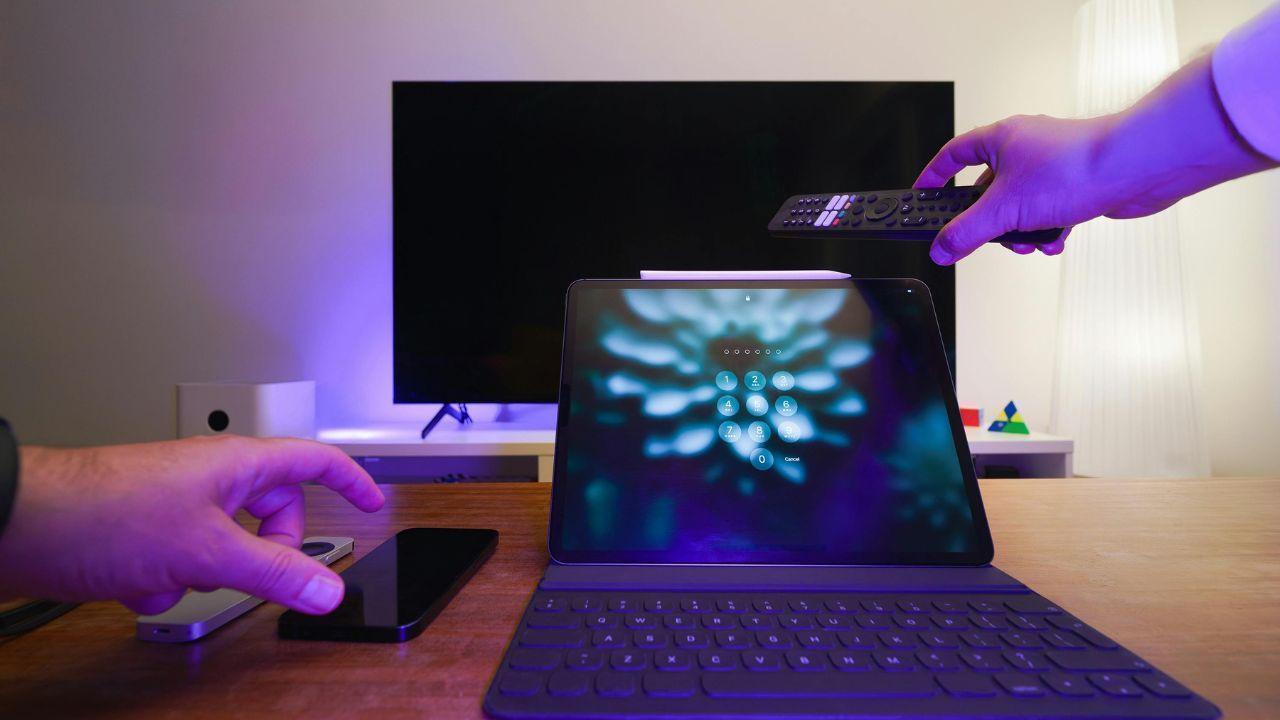

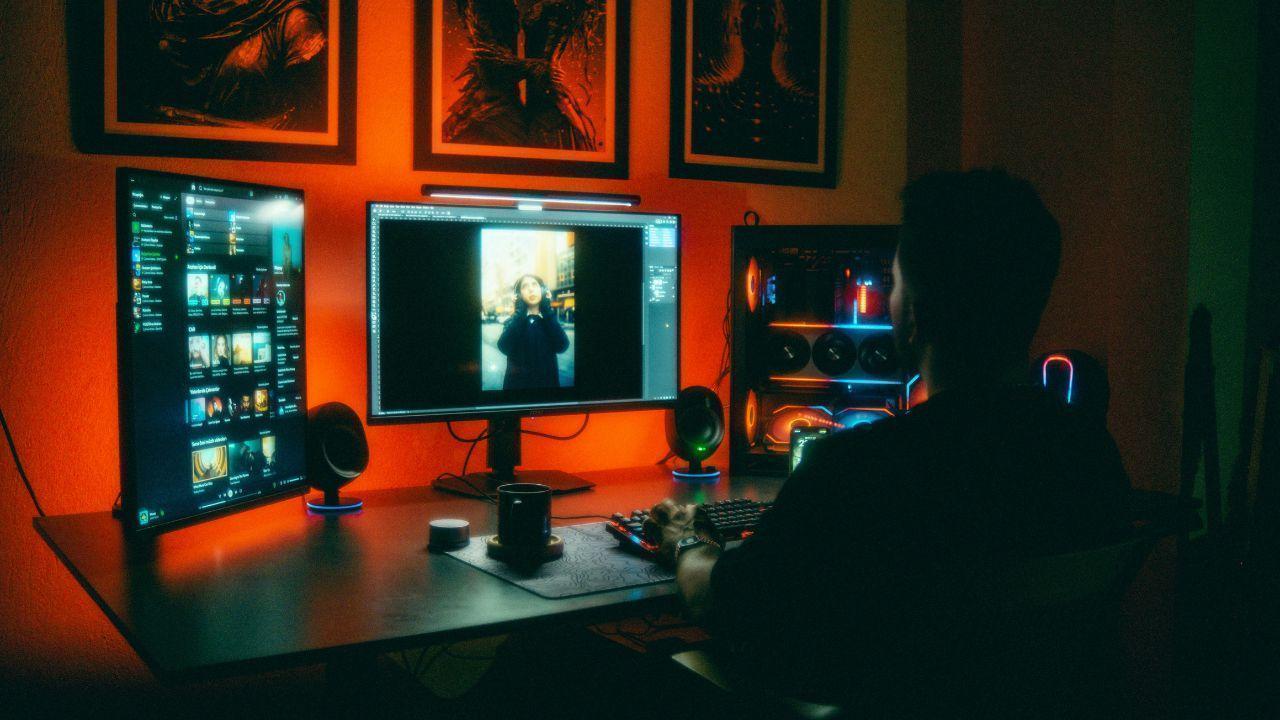


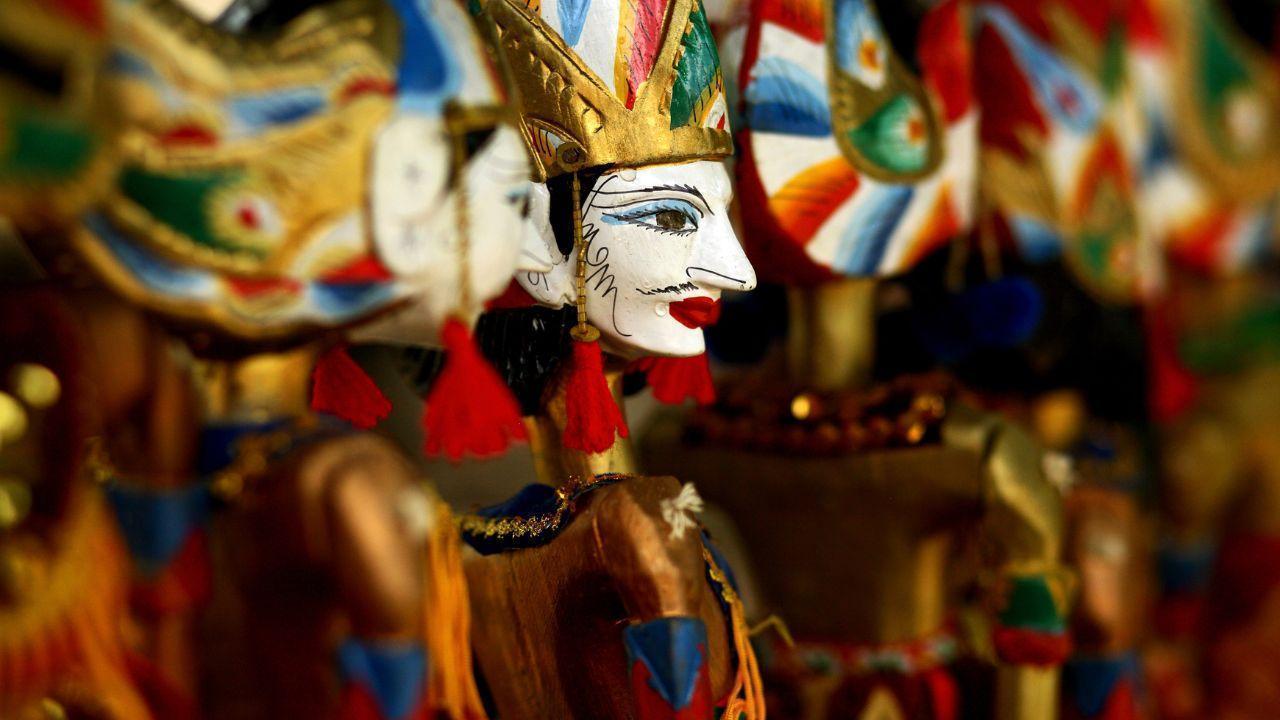


NMDC Group And ADNOC L&S Sign Three-Year Deal For Offshore Work
NMDC Group and ADNOC Logistics & Services sign a three-year deal to deliver maritime services for of
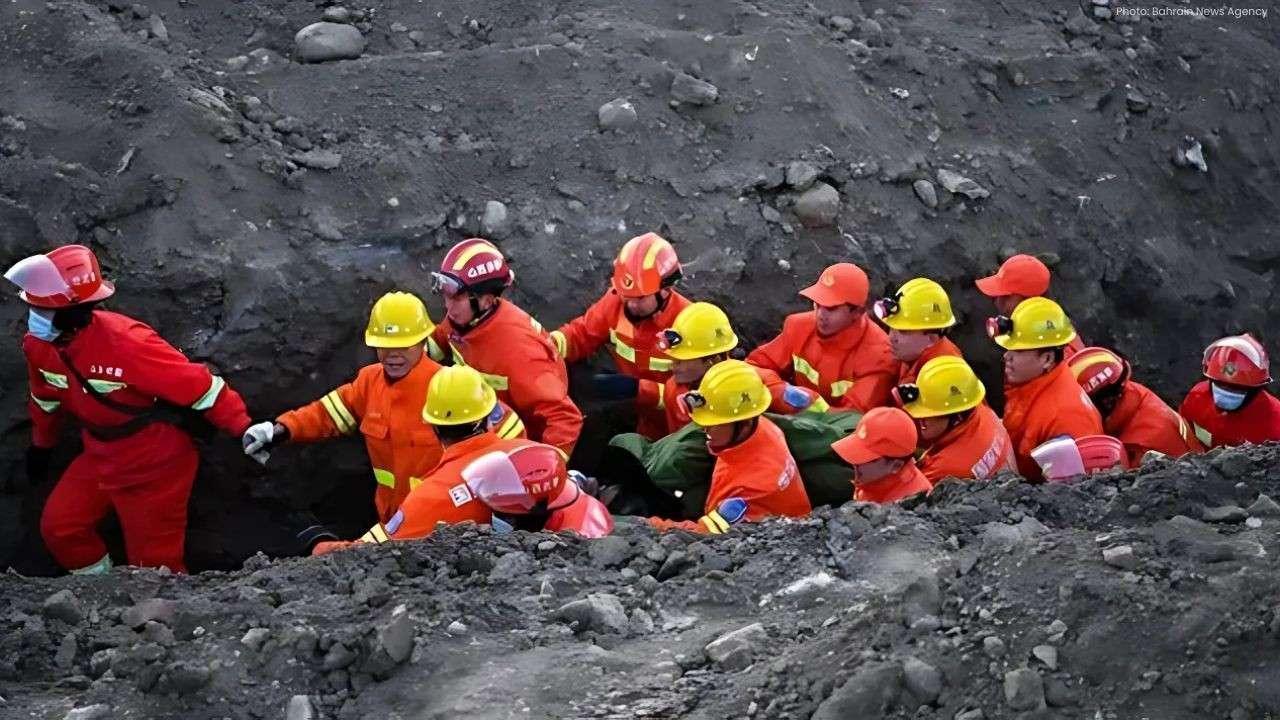
Six Miners Trapped After Earthquake Hits Coal Mine In China
A mining-related earthquake struck a coal mine in Heilongjiang, China, trapping six miners undergrou

Train Collides With Bus In Mexico Killing 10 And Injuring Many
At least 10 dead and 41 injured after a train hit a bus at a rail crossing in Mexico. Authorities co

UAE Olympic Football Team Qualifies For AFC U-23 Asian Cup Finals
UAE Olympic football team qualifies for AFC U-23 Asian Cup finals in Saudi Arabia despite 3-2 loss t

Apple Launches iPhone Air With Thinnest Design & Pro Performance
Apple unveils the new iPhone Air, its thinnest model with pro performance, multiple colors, large st

Al Wakrah Wins French Arabian Breeders’ Challenge Sprint Again
Al Wakrah, trained by Jean de Mieulle, wins French Arabian Breeders’ Challenge Sprint in France, mar